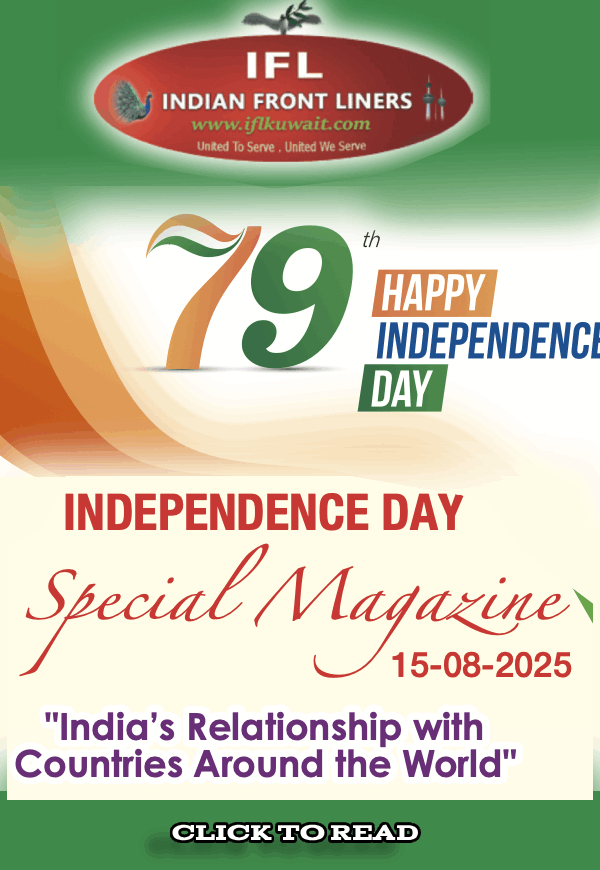Fees for Resident, Transfer, and Visit Visas Are Being Examined
Earlier this month, the parliamentary Interior and Defense Affairs Committee approved a bill amending the Expats Residency Law and referred it to the National Assembly for inclusion in its session on Dec 19, according to parliamentary sources. According to sources, the bill consists of 37 articles and seven chapters; it focuses on articles defining the entry and deportation of expats, notifying authorities, visa trading, and penalties, as well as allowing Kuwaiti women married to foreigners to sponsor their spouse and children; provided they do not have citizenship.
Government sources explained that the bill specifies the fees related to residency, its renewal, and all types of entry visas through a ministerial decision. According to sources, the bill prohibits trading in residence permits by exploiting, recruiting, or facilitating the recruitment of foreigners in exchange for a sum of money or a benefit, and imposes criminal penalties and complementary penalties of imprisonment for a period not exceeding three years as well as fines of between KD5,000 and KD10,000.
Specifically, it stipulates that the Public Prosecution has exclusive jurisdiction over visa trading exemptions. Under the bill, a Kuwaiti woman who is married to a foreigner can obtain a residence permit for her husband and children, provided that she has not acquired Kuwaiti citizenship as a result of her marriage to a Kuwaiti.
A residence permit may be obtained by the expat widow or divorcee who has children with the Kuwaiti. The Ministry of Interior may grant expats a temporary residence permit for a period of three months, after which they must leave the country unless they obtain a one-year renewal from them. Kuwaiti women married to non-Kuwaiti men may be granted a license for regular residence for a period not exceeding five years, and children of Kuwaiti women married to non-Kuwaitis may be granted a residence permit for a period not exceeding ten years.
Investing in Kuwait is allowed for expats under the decision of the Council of Ministers, which specifies the scope, categories, and amounts of investment. An expat employee in a government entity may not be granted a residence permit under another entity except with the approval of the entity in which he is currently working. Non-governmental workers cannot obtain a residence permit without the approval of the competent authority.
When a Minister of Interior deems that deportation is necessary to protect the public interest, public security, or public morals, he may deport an expat even if he has a residence permit;
- If the expat does not have a legitimate source of income. When a foreigner is deported, his family members, who he is supporting, may be deported as well, and the foreigner whose deportation decision has been issued may be detained for up to 30 days, which can be extended if necessary to carry out the deportation decision. If the expat leaves Kuwait, the Interior Minister may exempt him from all fines resulting from his violation of the provisions of this law. There are a number of amendments related to domestic workers in the bill, including:
- The domestic worker, as well as those of the same status, may be granted a regular residence permit according to the provisions of Article 13 of this law.
- If a worker's residency is revoked after he leaves work, he must leave Kuwait within the period specified by the competent authority in the Ministry of Interior unless he has been authorized to obtain a new residency.
- Domestic workers or those of the same rank may not transfer their residency without the employer's approval.
- Unless he obtains permission from the Ministry of Interior before the expiration of this period, domestic workers should not remain outside Kuwait for a period greater than 4 months. As part of the draft law, the following are excluded: heads of state and their families, heads and official employees of diplomatic missions, and their families as long as reciprocity is maintained; holders of diplomatic, special, and political passports as long as reciprocity is maintained; and persons excluded with special permission under considerations of courtesies determined by the Minister of Interior.




